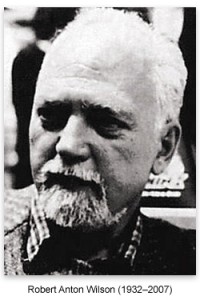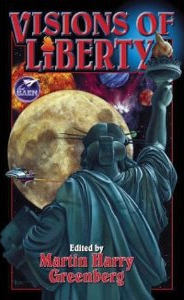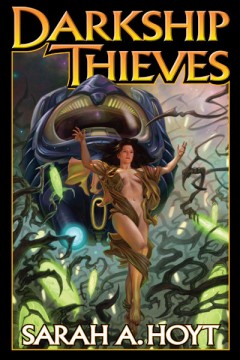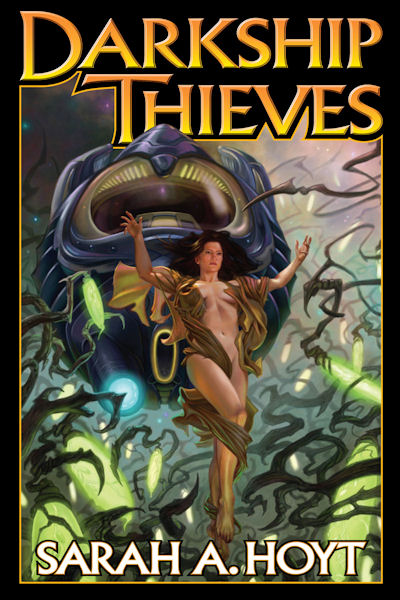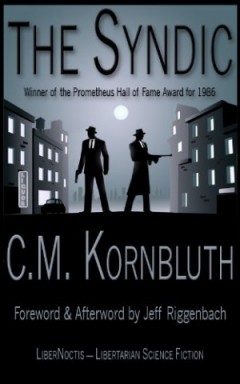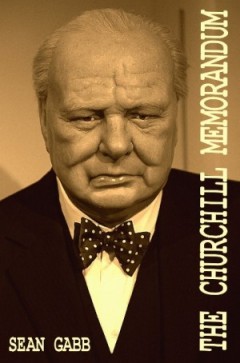In a recent addition to the Libertarian Tradition podcast series, part of the Mises Institute’s online media library, Jeff Riggenbach discusses the life of Robert Anton Wilson (1932–2007), author of the Illuminatus! trilogy.
You can also read the transcript below:
Robert Anton Wilson was born January 18, 1932 in Brooklyn. He grew up in the section of Brooklyn known as Flatbush and, later, after his father lost his job on the waterfront, in a much poorer section of Brooklyn known as Gerritsen Beach. “Rents were very low” in Gerritsen Beach, Wilson recalled in his book Down to Earth, the largely autobiographical second volume of his Cosmic Trigger Trilogy, “because only the poor Irish Catholics lived there.” At another point in the same account, he refers to his old neighborhood as “an Irish Catholic ghetto.” Not that all Irish Catholics were poor, mind you. “My father had relatives in Brooklyn Heights,” Wilson wrote in 1991,
